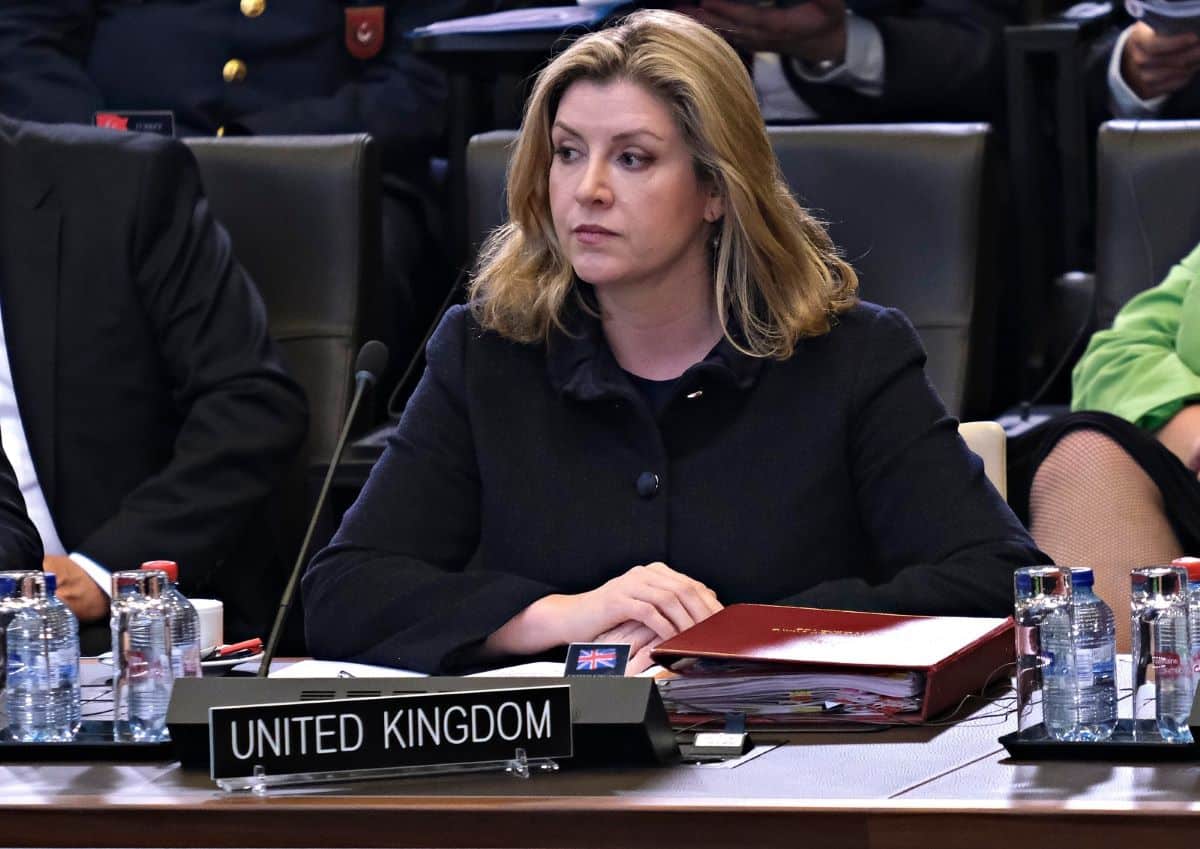Proposals to ban MPs charged with violent or sexual offences from the Parliamentary Estate passed by a single vote. It now means MPs charged with such offences are not allowed into any property used by parliament.
Vote Was Incredibly Tight
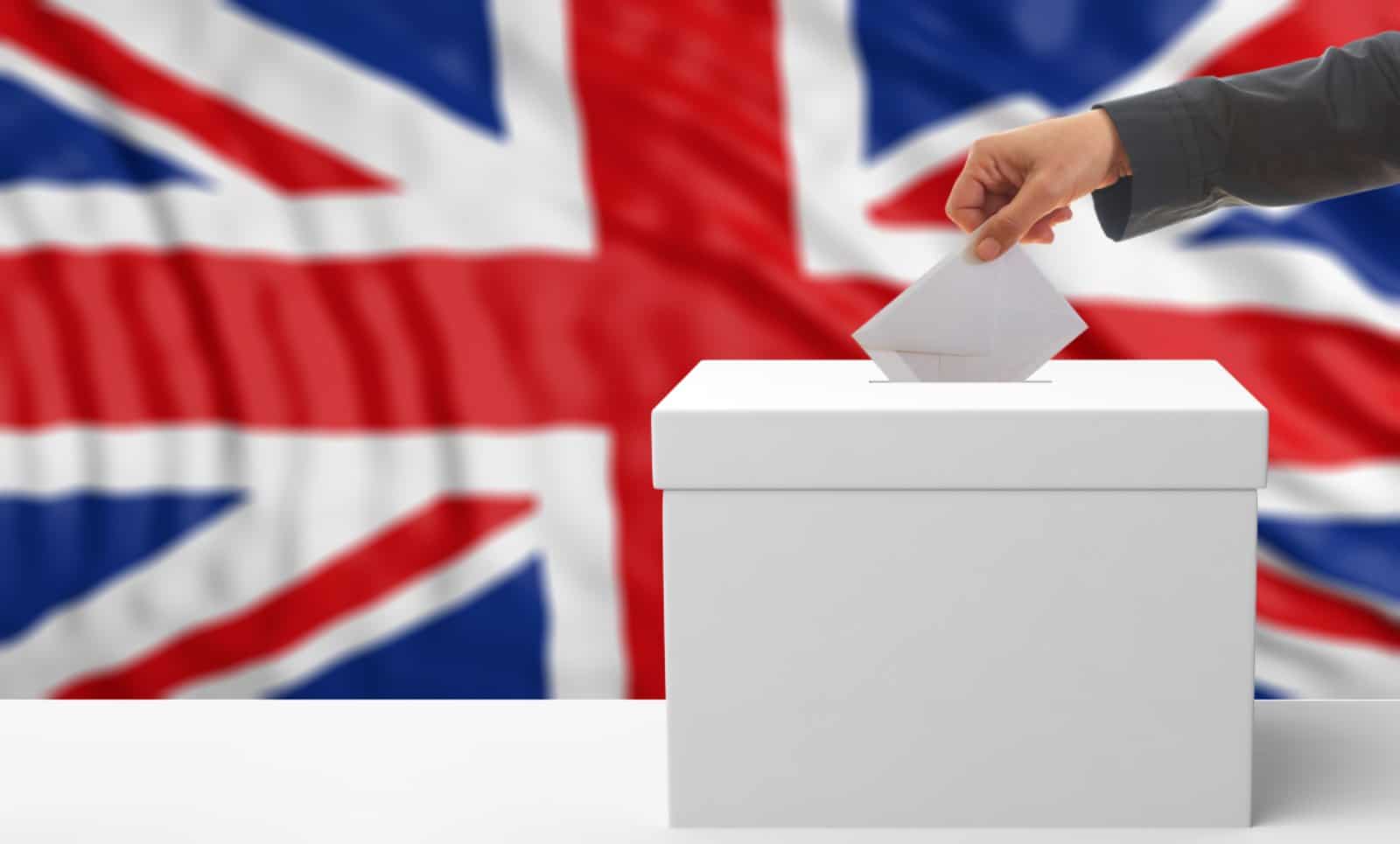
A vote held on Monday to toughen the proposal made by the government passed by a single vote, 170 to 169. An astonishingly close margin for something most would see as obvious.
What Are the Proposals?

Suppose an MP is arrested for a violent or sexual offence. In that case, a commons panel will decide whether they will be banned from all land and buildings that form the Parliamentary estate, such as the Palace of Westminster.
Penny Mordaunt Explains Reasons
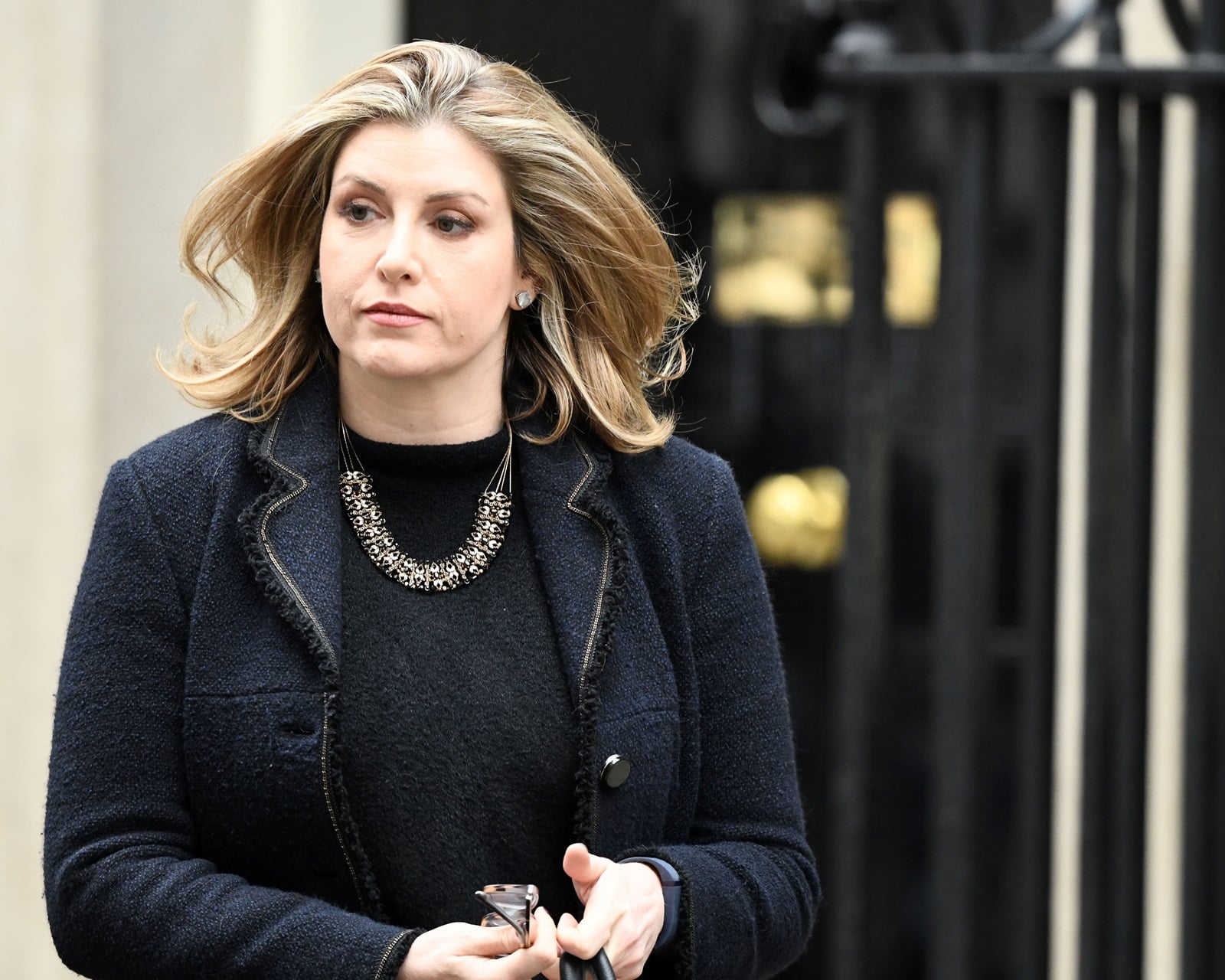
The Commons Leader, Penny Mordaunt, said the vote was designed to “improve standards of behaviour and safeguarding.” Several MPs from both sides of the house supported her.
Labour Lends Support
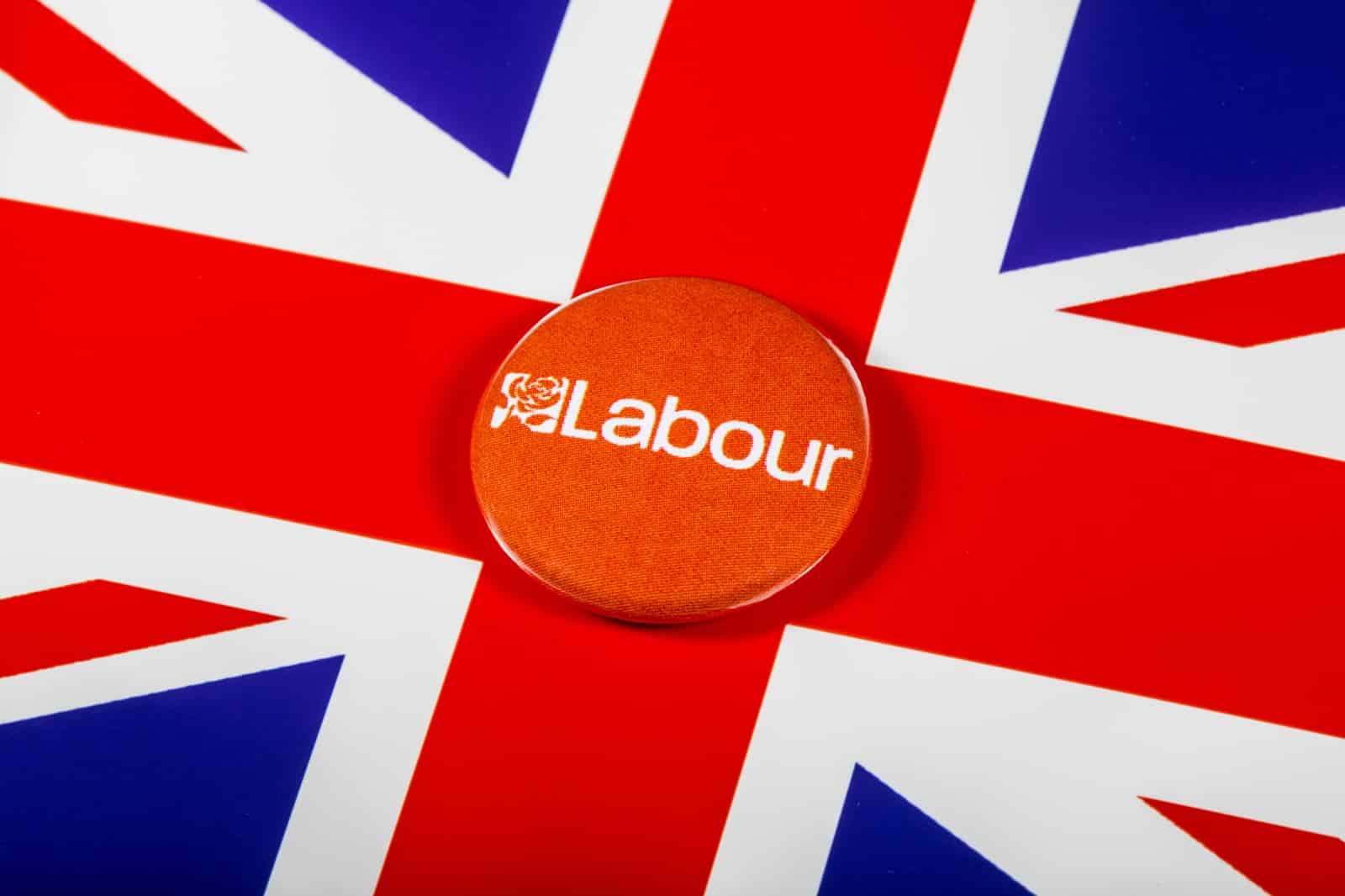
Shadow Commons Leader Lucy Powell said: “Issues of serious wrongdoing or harassment or bad culture in workplaces have been a constant cloud over this place. The headlines bring the entire house into disrepute and add to the erosion of trust in parliament and in politicians.”
Process to Be Put in Place to Assess Risk

Should an MP be arrested for sexual or violent offences, they will be subject to a risk assessment. The police will alert the relevant committee to the arrest.
Panel Consists of MPs

The proposal is for a panel to assess the risk of the MP involved and decide the appropriate level of restriction. Any ban could be extended to include travel funded by the Commons.
Concern Over Transparency of Panel

One worry is that the MPs are judged by their peers, not an independent committee, potentially leaving the process open to abuse. It could be seen as a paper exercise.
Proposals Under Way for Some Time
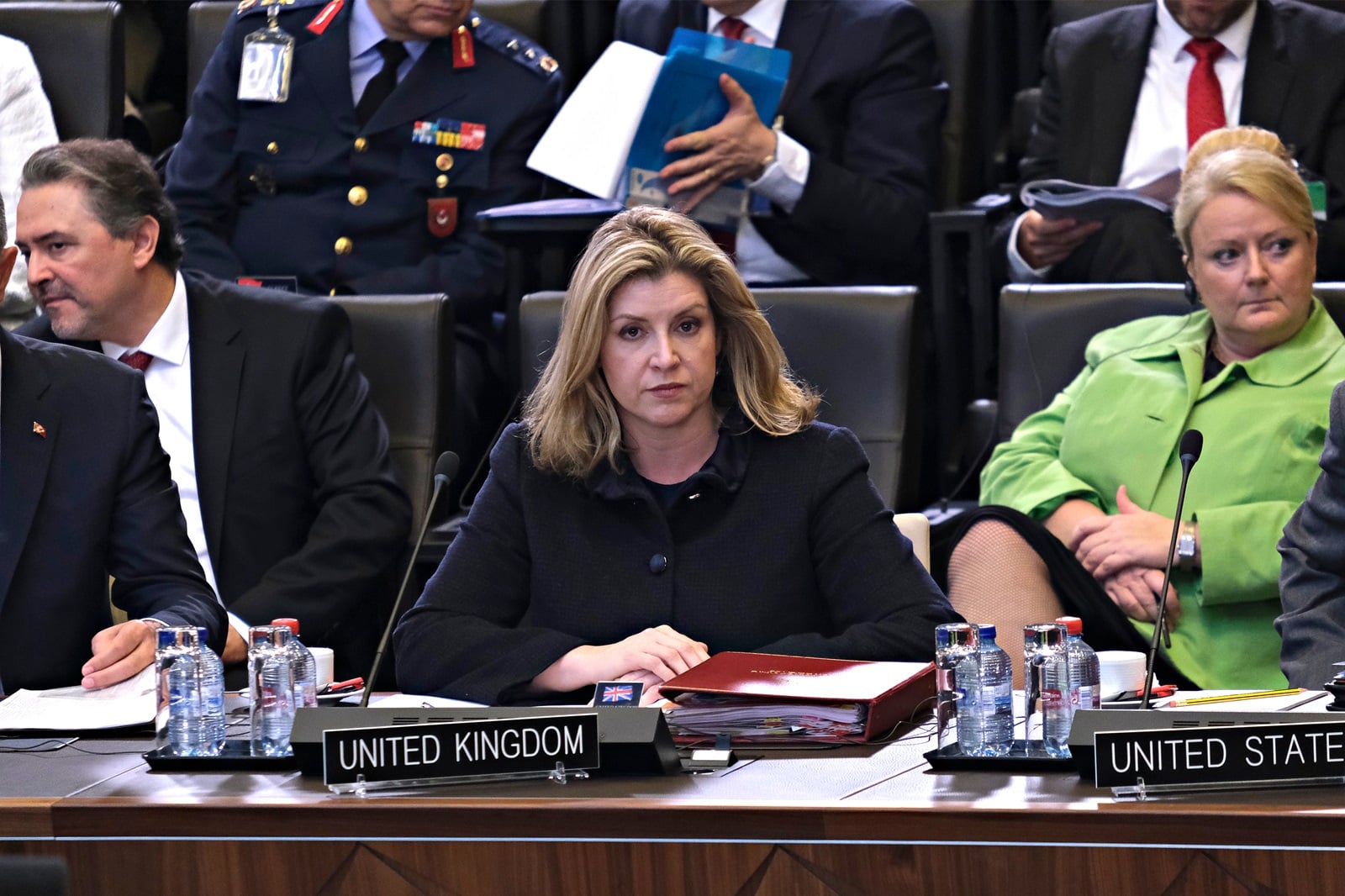
This is a cross-party action led by Penny Mordaunt and Lucy Powell. The final motion was not voted on, meaning it passed without issue.
Original Plans Much Tougher
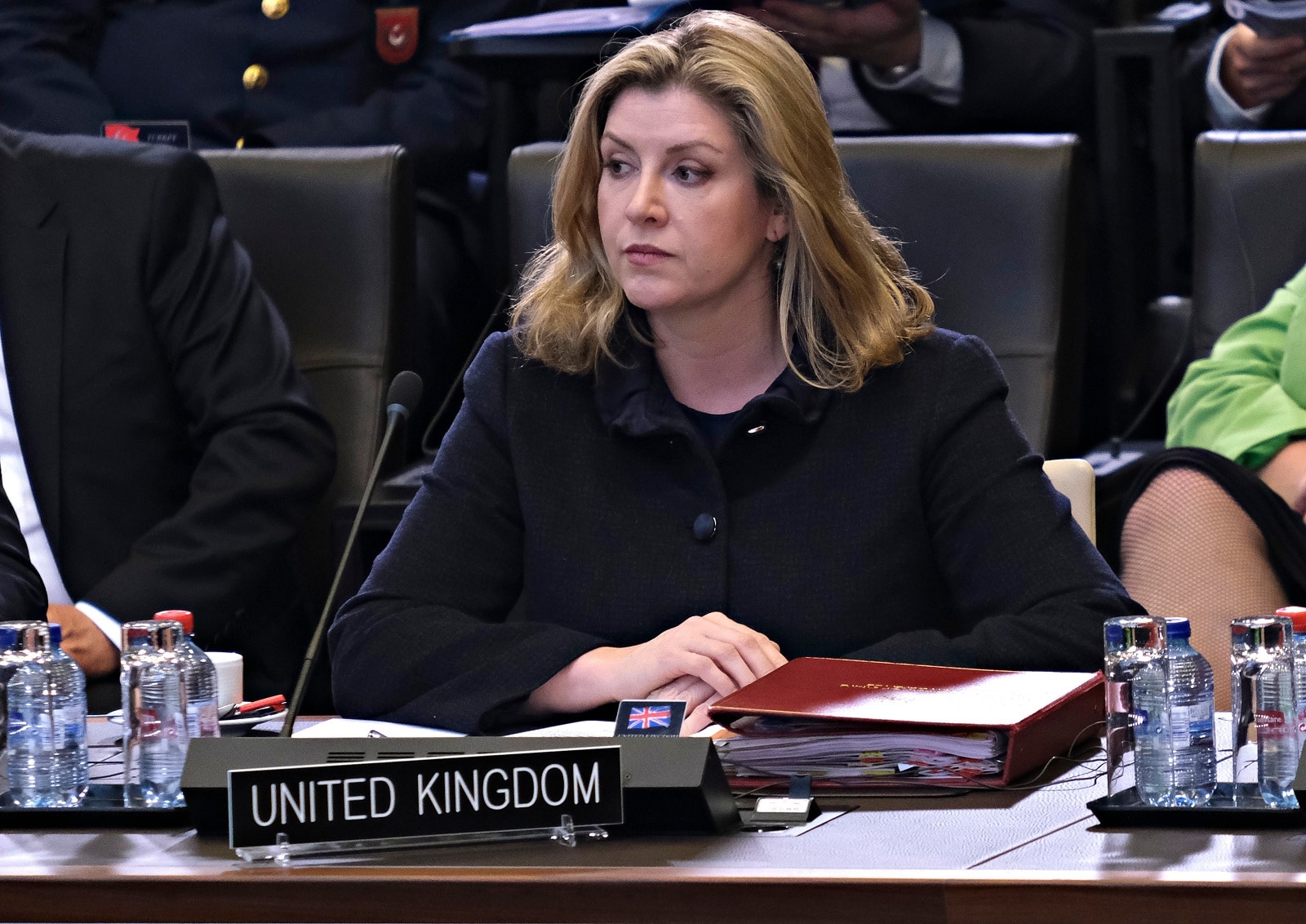
In their original format, the plans suggested that MPs faced a ban from the estate much earlier—at the point of arrest. However, Tory backbenchers rejected this proposal, saying it would be wrong to ban an MP on an accusation alone, without a charge.
Unions Happy With Measures

Jenny Symmons, Chair of the GMB branch for parliamentary staffers, said: “This is a huge win for MPs’ staff. It’s a small ask that people going about their jobs in parliament are able to do so without the lingering threat of sexual assault, but sadly that has been the reality.”
Labour’s Jess Phillips Not Happy With Watered-Down Proposal
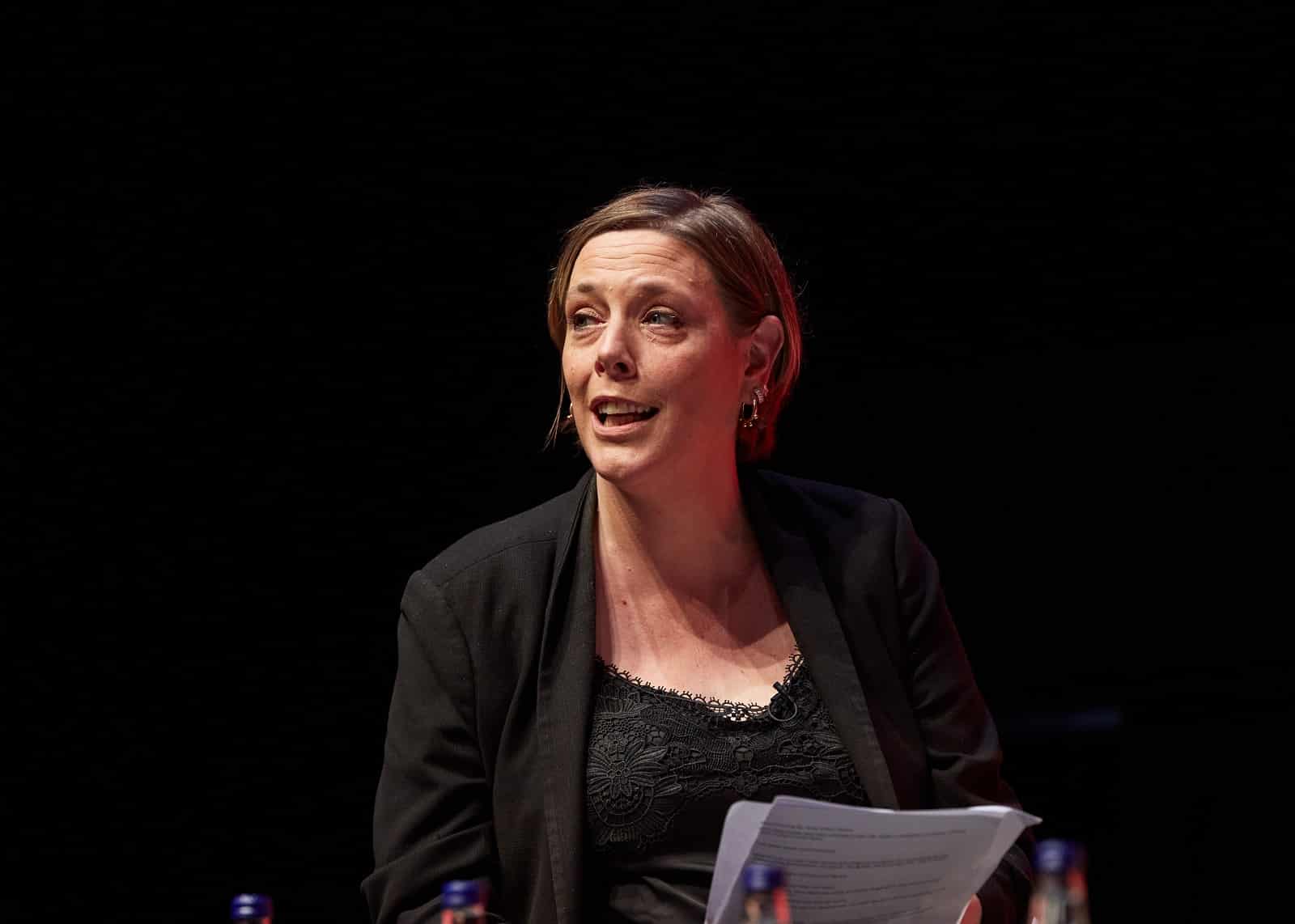
Taking part in the debate, Phillips said: “The exclusion at the point of charge sends a clear message to victims that not only will we not investigate unless a victim goes to the police, but we won’t act unless they’re charged – which happens in less than 1% of cases.”
Further Labour Concern
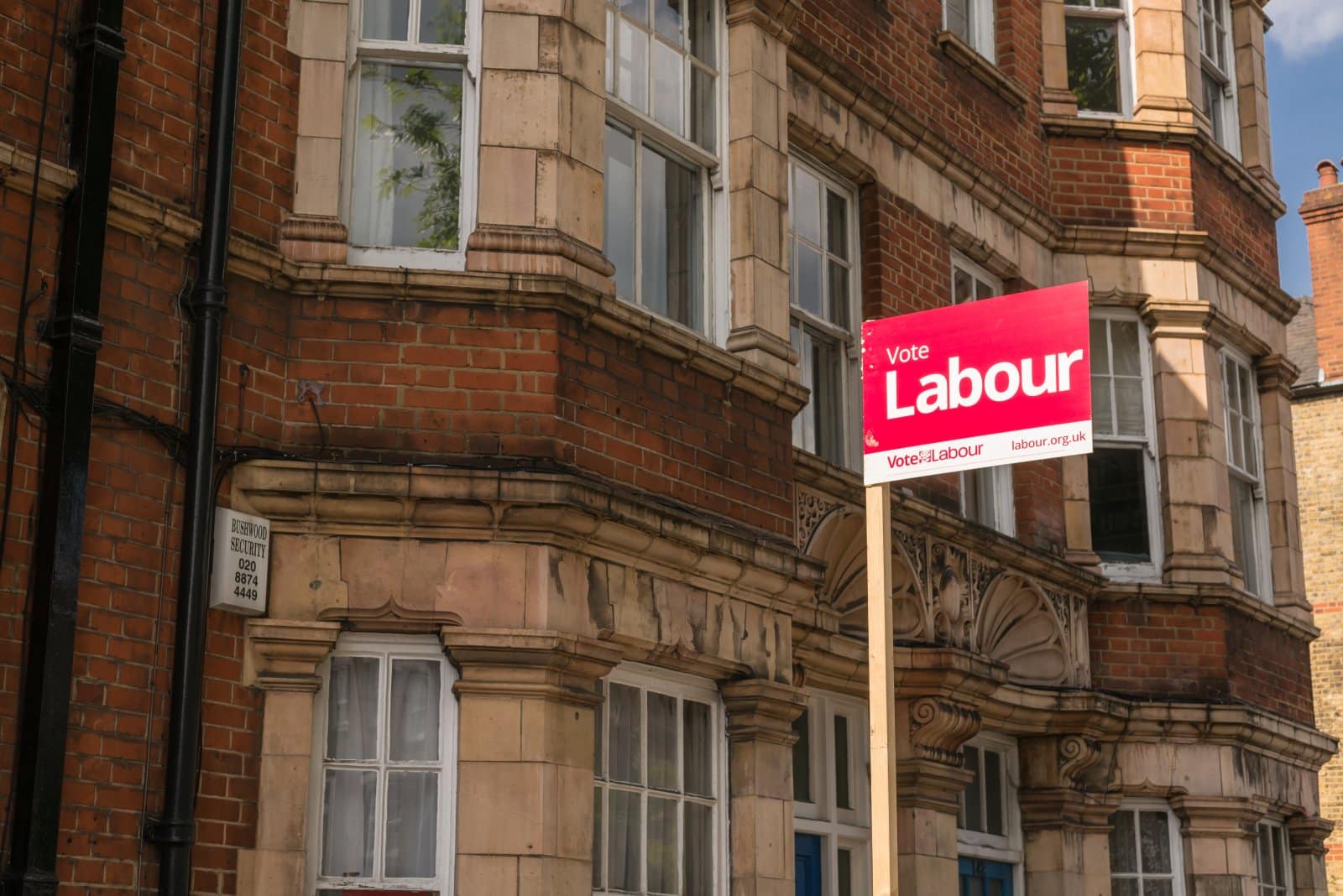
Stella Creasy, a Labour MP, is disappointed with the toothless nature of the proposal. She said: “We don’t protect the victims, we protect the perpetrators. Every political party needs to look itself in the eye.”
Concerning Rejection by Rees-Mogg
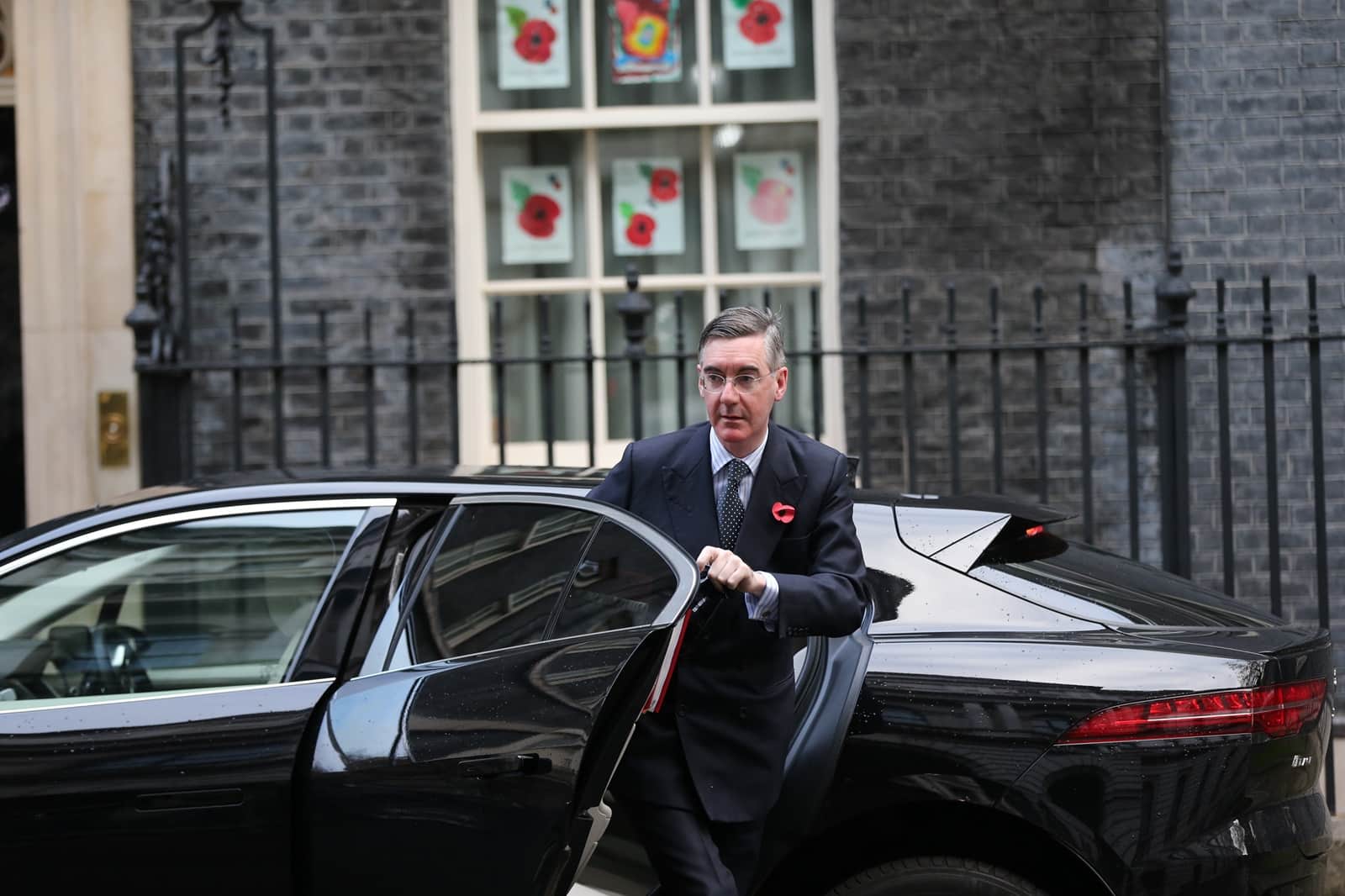
Astonishingly, Tory MP Jacob Rees-Mogg described the proposal as an “extraordinary power grab,” suggesting that the whole house should vote to exclude any MP.
Frequency of Criminal Convictions
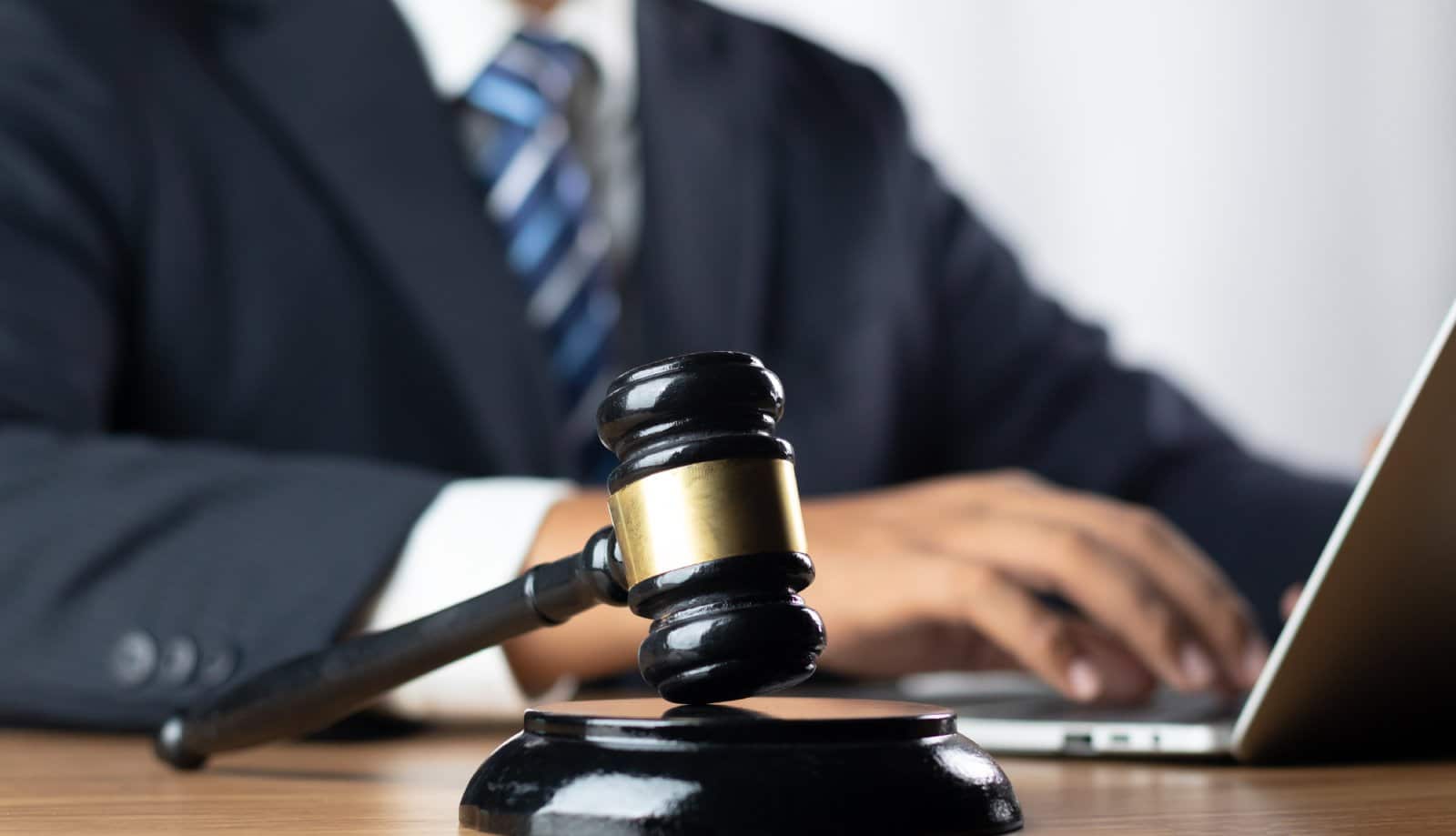
There is a worryingly high number of MPs with criminal convictions. The last openly published data comes from 2012, when 243 (43%) of serving MPs had a criminal record!
Observations on Proposals

One concern is the lack of male voices supporting these proposals. All of the driving forces behind them seem to be female MPs, perhaps suggesting that many male MPs don’t think there’s a problem to be solved.
First Action of Its Kind
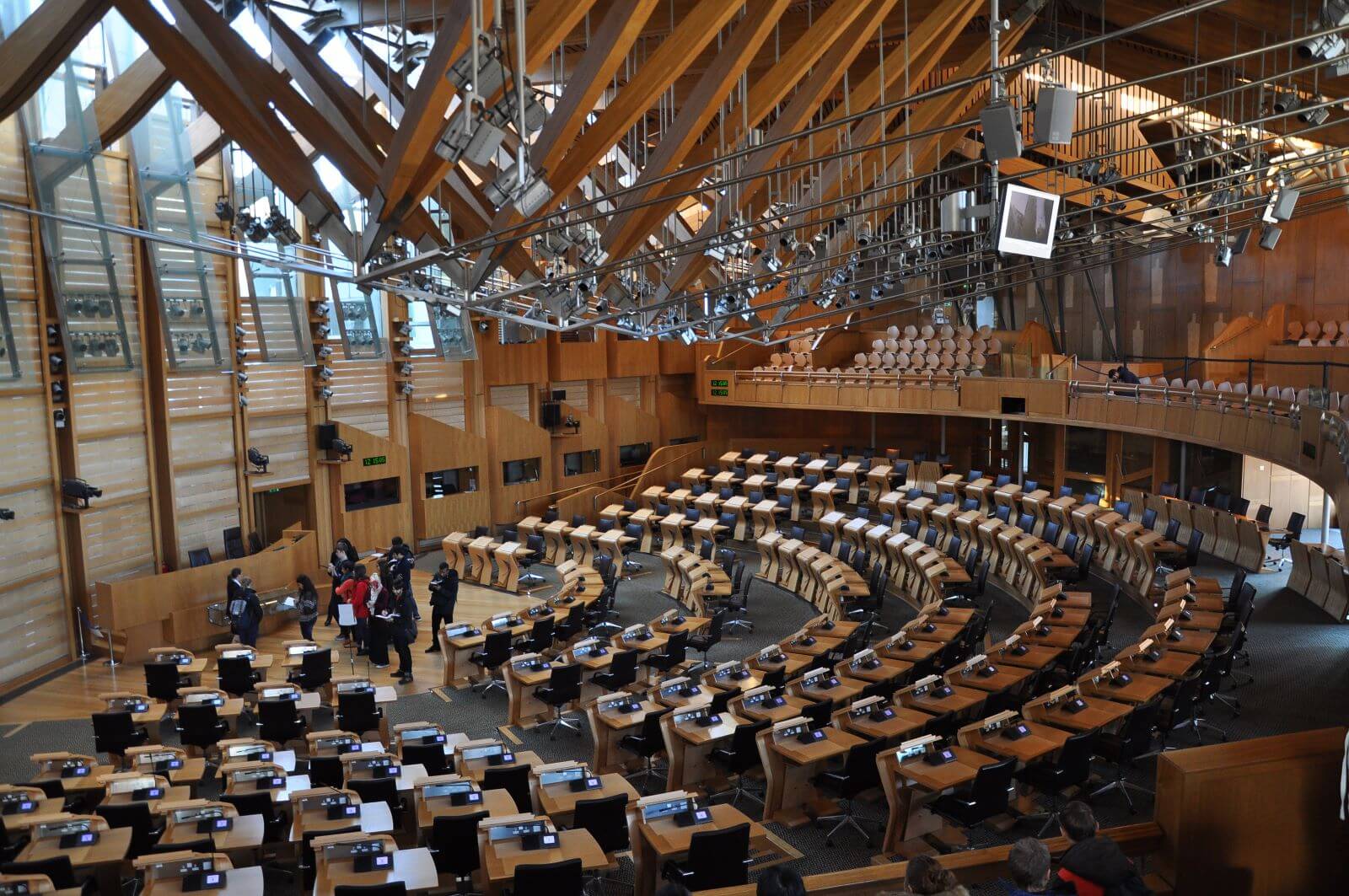
Until the vote passed these proposals, parliamentary authorities were powerless about crimes of this nature. They were unable to ban MPs accused of violent or sexual offences from the Parliamentary estate.
Times Are Changing, but More Needs to Be Done
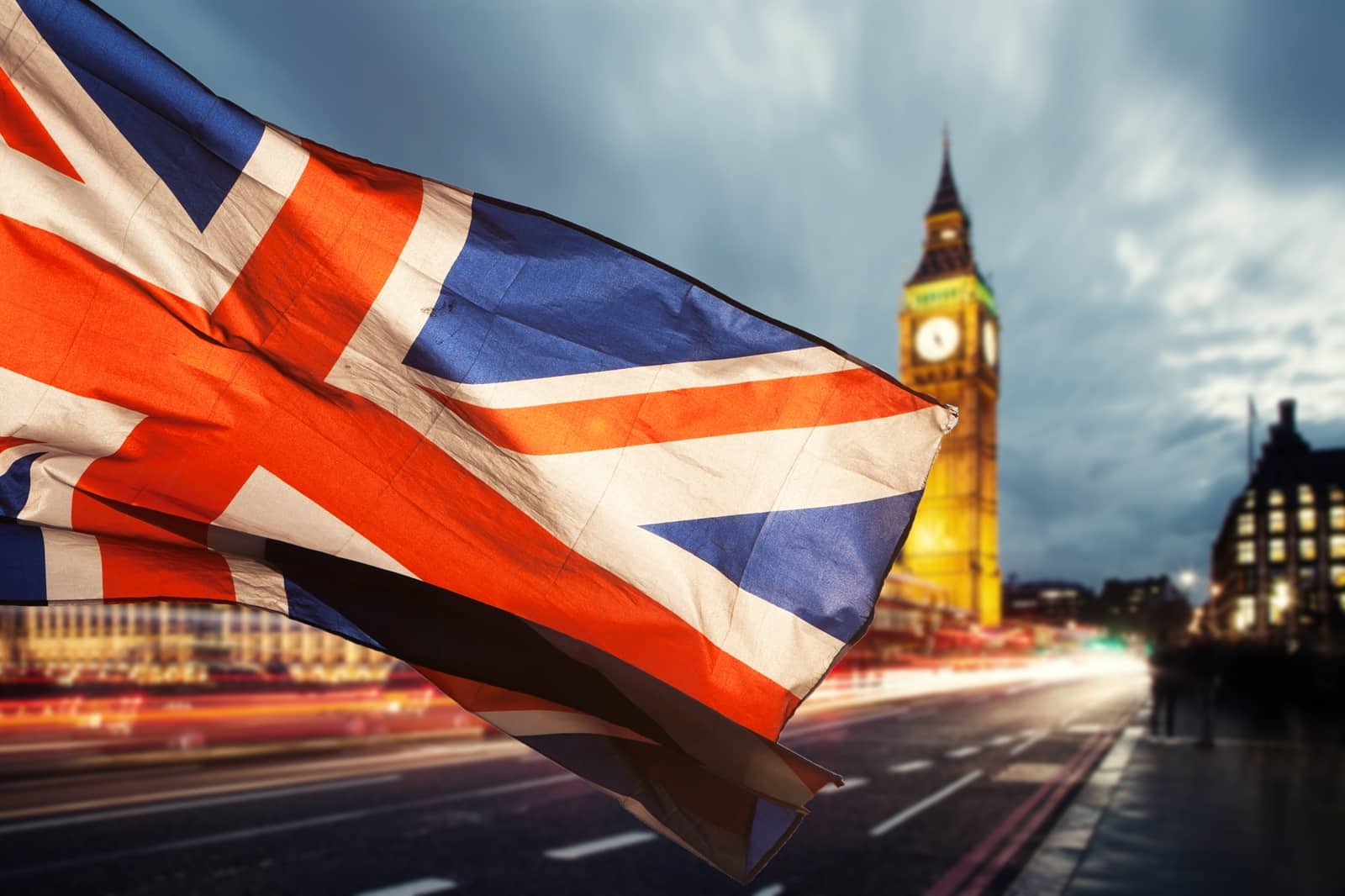
Let’s hope these changes will signal a change of attitudes amongst MPs. As a result, standards of behaviour will increase. Figures suggest there are around 60 MPs currently under investigation for sexual misconduct. Frankly, that’s an appalling figure.
The post Parliament Passes Measure by Single Vote to Ban MPs Charged With Serious Offences first appeared on Swift Feed.
Featured Image Credit: Shutterstock / Alexandros Michailidis.

